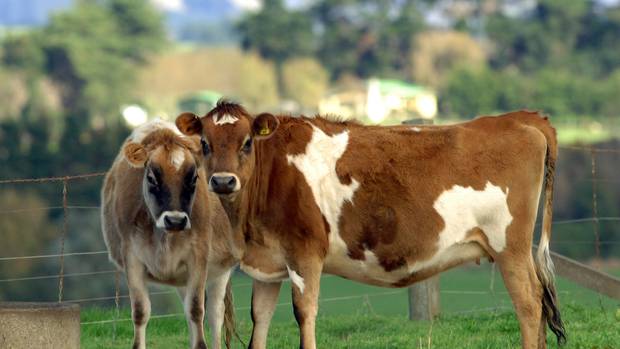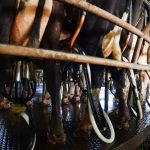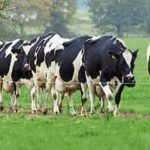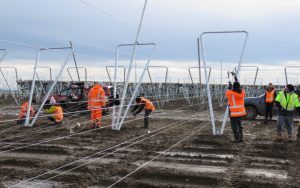
Keynote speaker Paul Bird from DairyNZ, who has worked as a rural banker and farm consultant in New Zealand and Europe, and who specialises in helping farmers review their farm businesses and seek opportunities to improve financial performance, will discuss how to achieve the resilience needed in the industry.
Other speakers will include Jane Kay, from DairyNZ, who will present the latest findings of marginal milk from Northland and Taranaki trials, highlighting where supplements were profitable and where they were not.
Northland Dairy Development Trust (NDDT) science manager Chris Boom said every farm, farmer and farm business needed to be resilient.
“Every season brings new challenges, be it too wet or too dry, low product prices or high input prices. Farming for the long-term requires resilience, the ability to weather the storm,” he said.
“The word resilient usually brings to mind handling tough times, but how you handle the good times may be more important than how you handle the hard times. Making the most of the good times to build buffers for the tough patches is important. With farming, this means constant evaluation of what you do to make sure you are not missing opportunities.”
Keeping the financial side of a farm business healthy was critical, he said. DairyBase data showed that the top 20 per cent of farm businesses had more than twice the average cash surplus and return on assets (eight per cent), which made possible options from taking holidays or repaying debt to maintaining infrastructure, developing or expanding
Meanwhile top-producing farms were not necessarily the most profitable.
“In fact, when you look at farm survey data across a number of farms there is little relationship between production and profit,” Mr Boom said. “The NDDT has been running a project investigating various approaches to supplement use, comparing a farm that doesn’t import any supplement (pasture only) to a farm that imports and uses PKE only and one that imports PKE and other supplements (PKE-plus). The first season of this project has just been completed. Milk production was 1012, 1238 and 1315kg milk solids/ha for pasture-only, PKE-only and PKE-plus respectively.
“Feeding of PKE was constrained by Fonterra’s milk fat evaluation index (FEI) during summer and autumn, but not during spring.”
The results from that project, including the farms’ financial performance, would be presented at the field day, Mr Boom adding that although pasture-only had been lower-producing, the lower cost structure largely countered that, even with a $6/kg payout.
The field day, at 531 State Highway 12, would start at 10am, with the presentations to be followed by a farm walk and light lunch. All welcome, no cost, no RSVP required.























